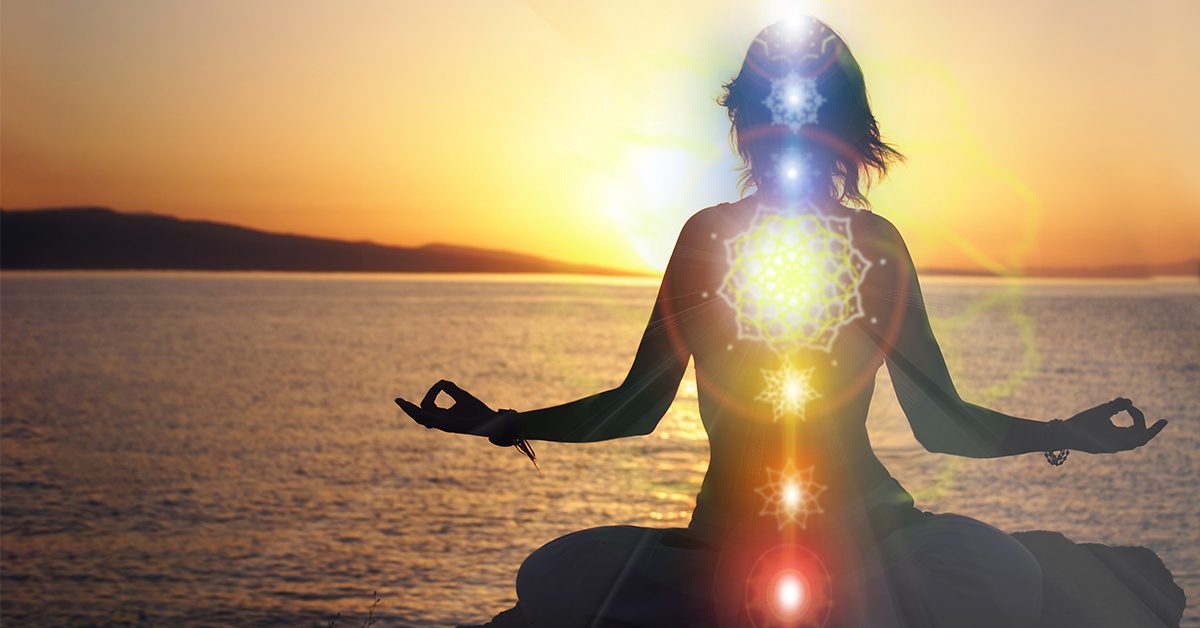July 6
The Five Elements of Traditional Chinese Medicine: A Guide to Understanding Your Body’s Health
0 comments
July 6
0 comments


Traditional Chinese Medicine (TCM) is a holistic approach to healthcare that has been practiced in China for over 2,000 years. It is based on the belief that the human body is made up of five elements or phases, each of which is associated with a specific organ system and set of emotions. These elements are Wood, Fire, Earth, Metal, and Water.
The following are the five elements of Traditional Chinese Medicine (TCM):
The Wood element is associated with the Liver and Gallbladder organs and is said to represent growth and expansion. It is also associated with the emotion of anger. When the Wood element is in balance, a person will have a strong sense of purpose and direction in life and be able to make decisions easily. However, when this element is out of balance, a person may experience feelings of frustration, irritability, and anger.
The Fire element corresponds with the Heart and Small Intestine organs and is said to represent joy and passion. TCM correlates the Fire element with the emotion of happiness. When the Fire element is in balance, a person can express themselves freely and experience a sense of connection with others. When this element is out of balance, a person may experience feelings of anxiety, restlessness, and insomnia.
The Earth element connects to the Spleen and Stomach organs and is said to represent stability and balance. It is also associated with the emotion of worry. When the Earth element is in balance, a person will have a strong sense of grounding and can digest food and ideas easily. An imbalance of the Earth element can result in feelings of anxiety, overthinking, and obsessiveness.
The Metal element is associated with the Lung and Large Intestine organs and is said to represent strength and clarity. It is also associated with the emotion of grief. When the Metal element is in balance, a person will have a strong sense of self-worth and can let go of things that no longer serve them. However, when this element is out of balance, a person may experience feelings of sadness, depression, and low self-esteem.
The Water element is associated with the Kidney and Bladder organs and is said to represent wisdom and intuition. It is associated with the emotion of fear. When the Water element is in balance, a person will have a strong sense of purpose and will be able to trust their instincts. However, when this element is out of balance, a person may experience feelings of fear, anxiety, and insecurity.
In TCM, each element is associated with specific meridians, or energy pathways, that run throughout the body. TCM practitioners believe these meridians can become blocked or imbalanced, leading to illness and disease. Acupuncture, Herbal Medicine, and other TCM treatments are designed to restore balance to the body's energy flow and promote overall health and well-being.
Traditional Chinese Medicine's five elements provide a unique perspective on health and well-being. By understanding the relationships between these elements, TCM practitioners can identify imbalances in the body and recommend appropriate treatments to restore balance and promote healing. If you would like to explore how acupuncture can help you to find balance across the five elements, contact Deanna Carell Acupuncture today to schedule a consultation
Deanna Carell Acupuncture is welcoming new patients to our office. Our natural, acupuncture and facial microneedling treatments are tailored to your specific needs, and are used to create a healthy healing environment for your mind and body. For a consultation to meet with the acupuncturists please call our office or contact us through our online form
Tags